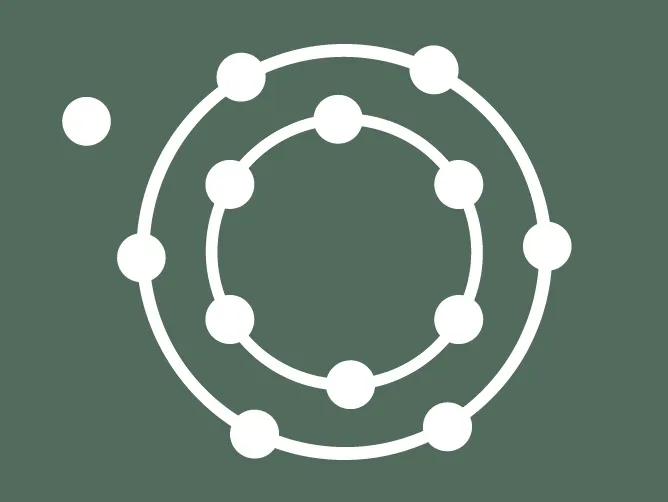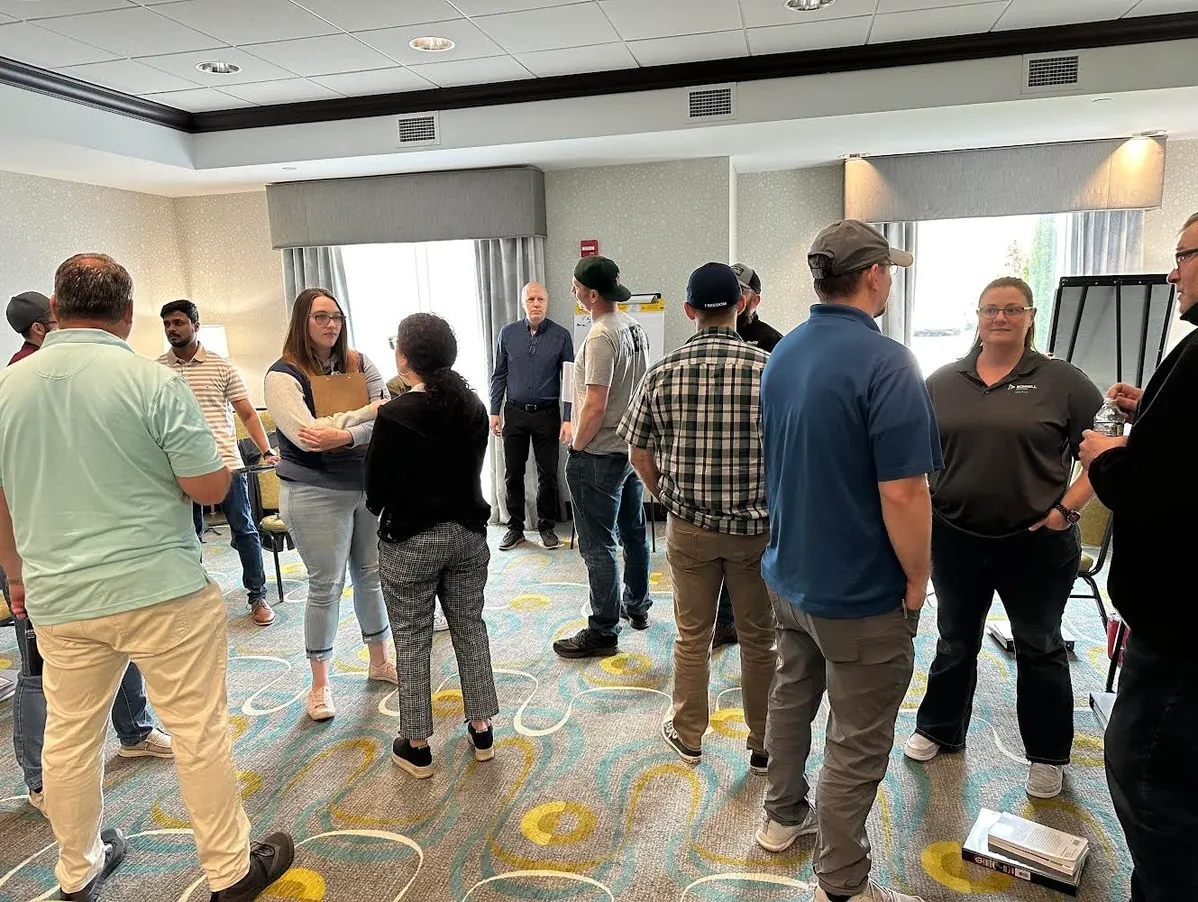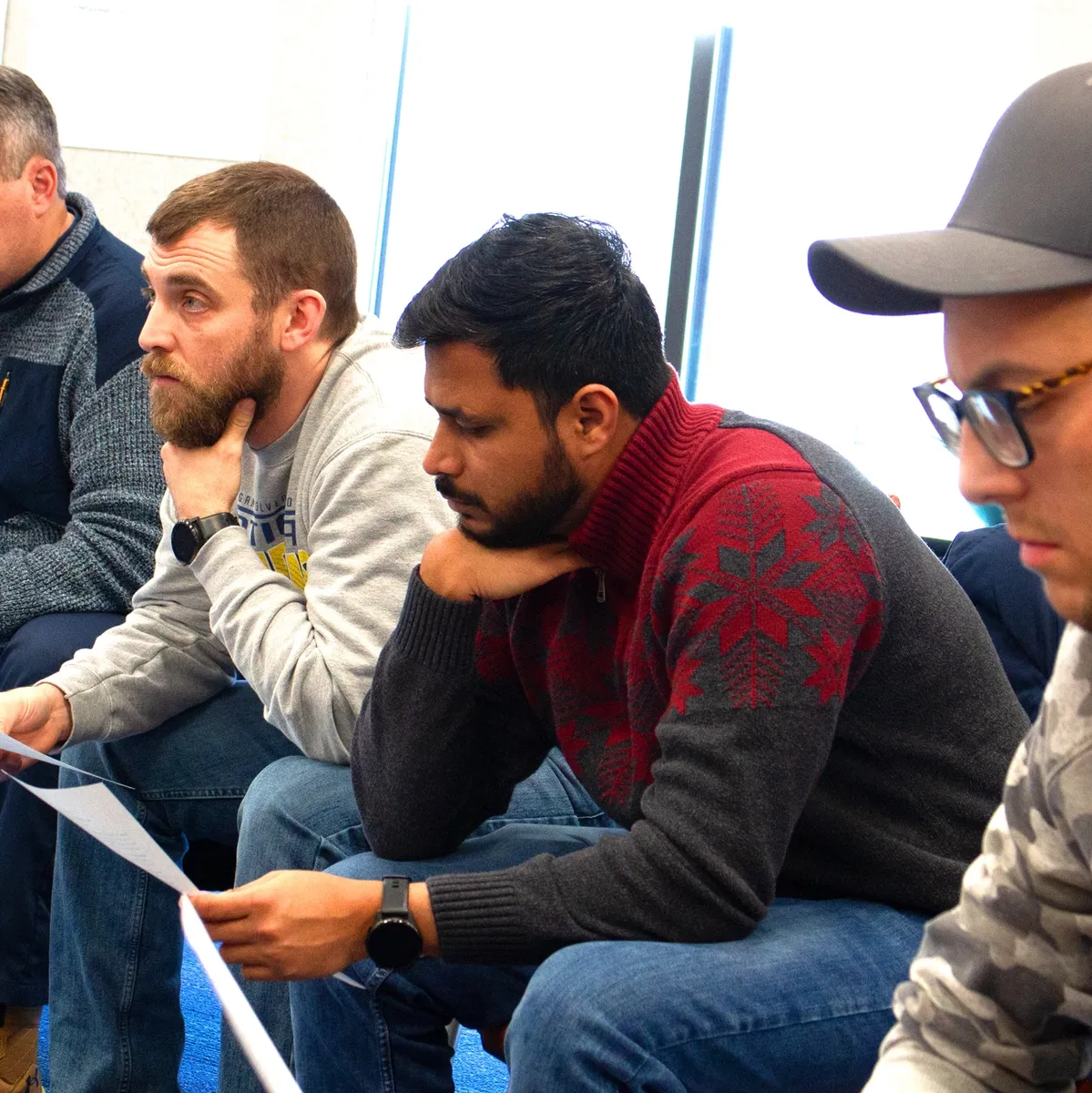The Leadership Institute of Seattle (LIOS) prepares leaders, change agents, and organization development practitioners through small group experiential education to pursue and achieve individual, business, and social justice goals.
We focus on:
- Use of Self (Developing unique presence)
- Group Process and Intact Workgroup Development (Boss and direct reports)
- Whole Organization Change (Systems thinking)
LIOS is a competency-based program meaning students must demonstrate mastery of skills to pass. LIOS teaches models, skills, and tools in a group setting and grounds the learning in experience. We use the group experience to more easily and reliably transfer learning into practice. Students are learning by doing rather than just thinking.
One of the fundamental methods we use to accomplish this is an industry adapted “T-group” which uses Ron Short’s innovation of a fishbowl that was adapted for industry by Robert P Crosby and used throughout his career to achieve exceptional business results in a variety of settings.
The LIOS Distinction

Our Commitment
LIOS is committed to preparing leaders with the resilience and intelligence to lead in environments of complexity and uncertainty. We teach core leadership skills.
We develop open-handed and effective organizational leaders. Build student competency to engage people and groups with a unique set of tools to navigate the human side of any organization’s challenges and get measurable results.
The Special Sauce
The learning focuses equally on organizational results and human development. We teach practical skills and tools that can be applied to any organization and have an immediate impact.
Students acquire a strong set of interpersonal skills, an extensive set of group process interventions to solve organizational challenges and the deep self-awareness necessary to bring an authentic and connected presence to their workplace. The programs help leaders at all levels build their core strengths to bring about significant change in their work environments.
Students are able to create extraordinary work groups (team), wherever they are in the organization – whether they are a member or leader. Students learn how to think about interconnected areas, people and groups in the organization and connect them more effectively.


Distinctive Learning Methodology
LIOS believes that people learn through experience and that small-group, interactive, and experiential learning builds resilient leaders and practitioners. We measure through a competency model where students must demonstrate mastery.
We develop you through small group experiential learning: including our version of a T-group. Our faculty are practitioners and/or leaders inside companies with a lot of practical experience.
The programs are specifically designed to gain the skills, knowledge and tools to improve the organization and develop people, while achieving measurable results.
Most employees are part of a functional group. Students learn a model of how to use the experiences they have in groups (2 or more people) to learn about themselves, how to be part of, and create an effective group, and how to give and receive feedback, in a low-risk environment.
Our Guiding Principles
Effective leaders set clear measurable goals and help all in the organization align to and successfully achieve them.
Conflict/blame is inevitable and a natural part of being human. It can and should be used as a precursor for growth. Effective leaders initiate open dialogue, effectively collaborate, and honor whatever authority structure exists. While working through conflict or any tense moment, leaders strive to keep relationships intact, give and receive feedback non-defensively, uncover systemic issues and develop strategies to move forward together.
Strategies and solutions around conflict or any problem, if possible, should be created by the people who do the work. When that happens, they are almost always stronger than imposed solutions, and significantly increase employee ownership and morale.
Effective group process is more important than ever. Tech connectivity doesn’t guide us to integrate the speed and coverage of information coming at us in a healthy, holistic, and impactful way. We need group connectivity to do so.
Everything in an organization is interconnected and everyone can be trained to see such systemic interconnections. Effective leaders see the interdependent connections and provide venues and structures to constantly strengthen and improve them.

